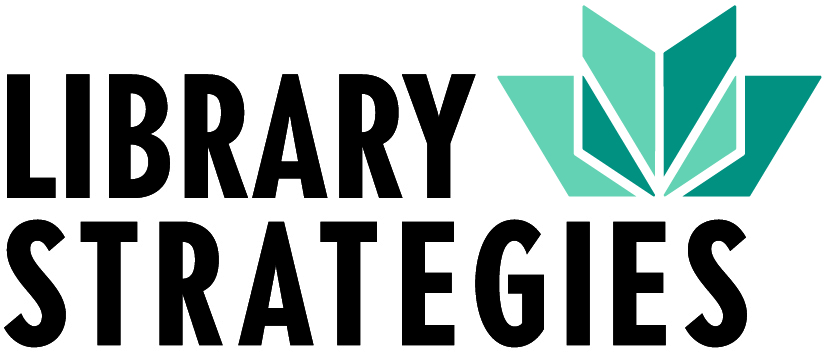PLA 2024: “Choose Your Own Adventure”
Library Strategies Assistant Director David Katz shares key takeaways from the conference.
Library Strategies regularly sends representatives to state and national library conferences: to exhibit in vendor halls, lead workshops, contribute to panels, and to meet formally with clients and partners. We can usually count on a jam-packed itinerary full of responsibilities.
In refreshing contrast, for the first time ever I attended this year’s biennial conference of the Public Library Association without official duties to prescribe my schedule. Instead, my mandate as Library Strategies assistant director was a deliciously broad one: professional development.
Professional development means different things to different people, even within the library field. Fortunately for PLA participants (7,573 strong, by official counts), this truly massive conference offered a program track for everyone. It had a true choose your own adventure feel.
What “adventure” did I choose? Let’s call it library trends or emerging practices.
As anyone reading this knows full well, our field is not a static one. Norms are evolving, and new challenges constantly emerging. This has obvious repercussions for us as consultants. Wherever we deploy them, and on any and every type of project, Library Strategies teams are expected to be subject matter experts who can forecast what is coming down the pike.
Naturally, we don’t have space here to overview everything I picked up on. As a fun approach, let’s spotlight key learnings from PLA’s “host” library, the Columbus Metropolitan Library. CML led or co-led more panels than any other library represented (the prerogative of the host system) and had a LOT to say. Over the past decade, the Columbus system has built or renovated 18 branches – with 4 more coming online by the end of 2025! That’s pretty astounding for a system with just 23 locations.
Here are three trends of particular import:
Data-Based Budgeting: All libraries budget, and all collect data. However, precious few use their data to inform budgeting as effectively as does CML. As just one example, targeted email marketing to regular users of CML’s space- and budget-constrained print periodical section netted 4,600 new users of the library’s OverDrive magazine collection. Data analytics also led CML to decrease their patron-facing computer fleet by 8% (100 devices), bringing tremendous savings of $100,000/yr. Data can be good both for the patron experience and for the financial bottom line – but only if collected and used in the right ways.
Safety in Design: Disruptive patron behaviors are a day-to-day reality for many libraries. Library design principles can mitigate those risks in subtle but supremely effective ways. The guiding principle here is a multi-disciplinary concept called Crime Prevention Through Environmental Design (CPTED). In a library setting, CPTED calls for the thoughtful zoning of activities (ex. teen zones removed from children’s areas); clear sightlines for staff and patrons; glass walls vs. “fortressed” exteriors; staff spaces that are clearly delineated from patron zones; and much else.
Community Authenticity: Branch libraries are best loved – and more frequently used – when the neighborhood in which that library is embedded has some authentic say in the building’s design and space allocation. CML employs a “70/30” rule: approx. 70% of library features and functions should be consistent across all 23 branches, but 30% shaped by the “hyper-local” community. This has resulted in some extraordinarily unique (and well used) teen spaces, art installations, and exteriors which serve as a locus for neighborhood price. (CML’s newly revitalized Martin Luther King Branch is a particularly sterling example of the latter.)
Best of all: these three trends are truly just the tip of the proverbial iceberg!
Obviously, the Columbus Metropolitan Library (which serves a metro well over 1m) is an order of magnitude larger than the average library. However, we’re optimistic that this kind of trailblazing pays dividends for the whole library field in terms of actionable practices, even if the scale of application is usually more modest.
ICYMI: PLA 2026 is scheduled for Library Strategies’ home market of Minneapolis/St. Paul. We hope to see you HERE!
